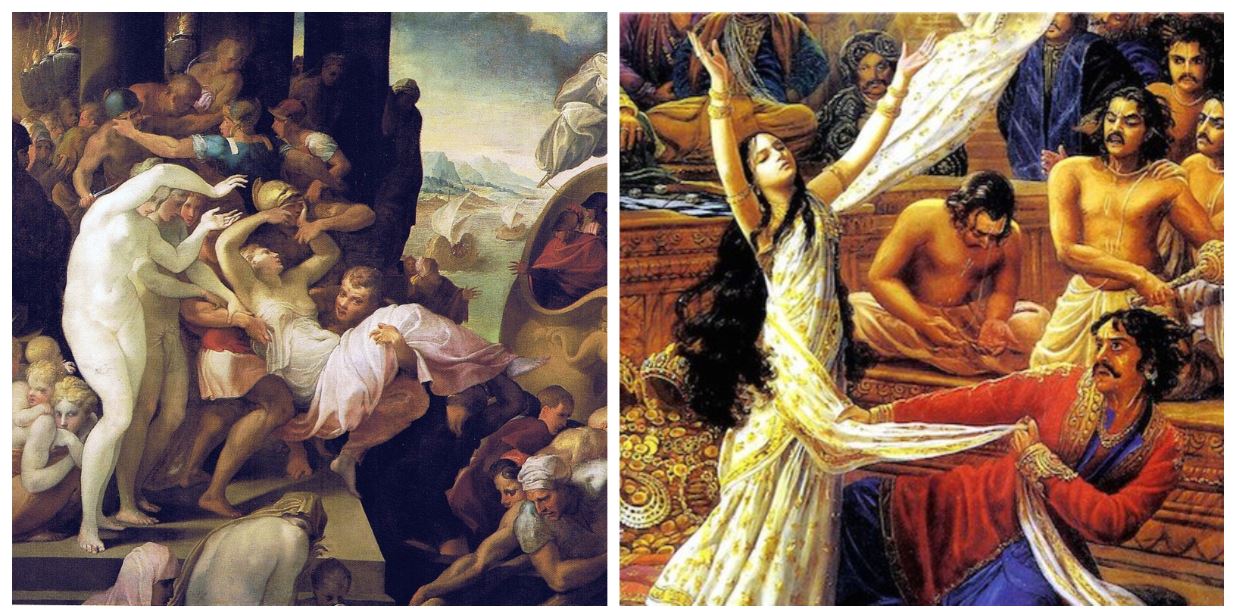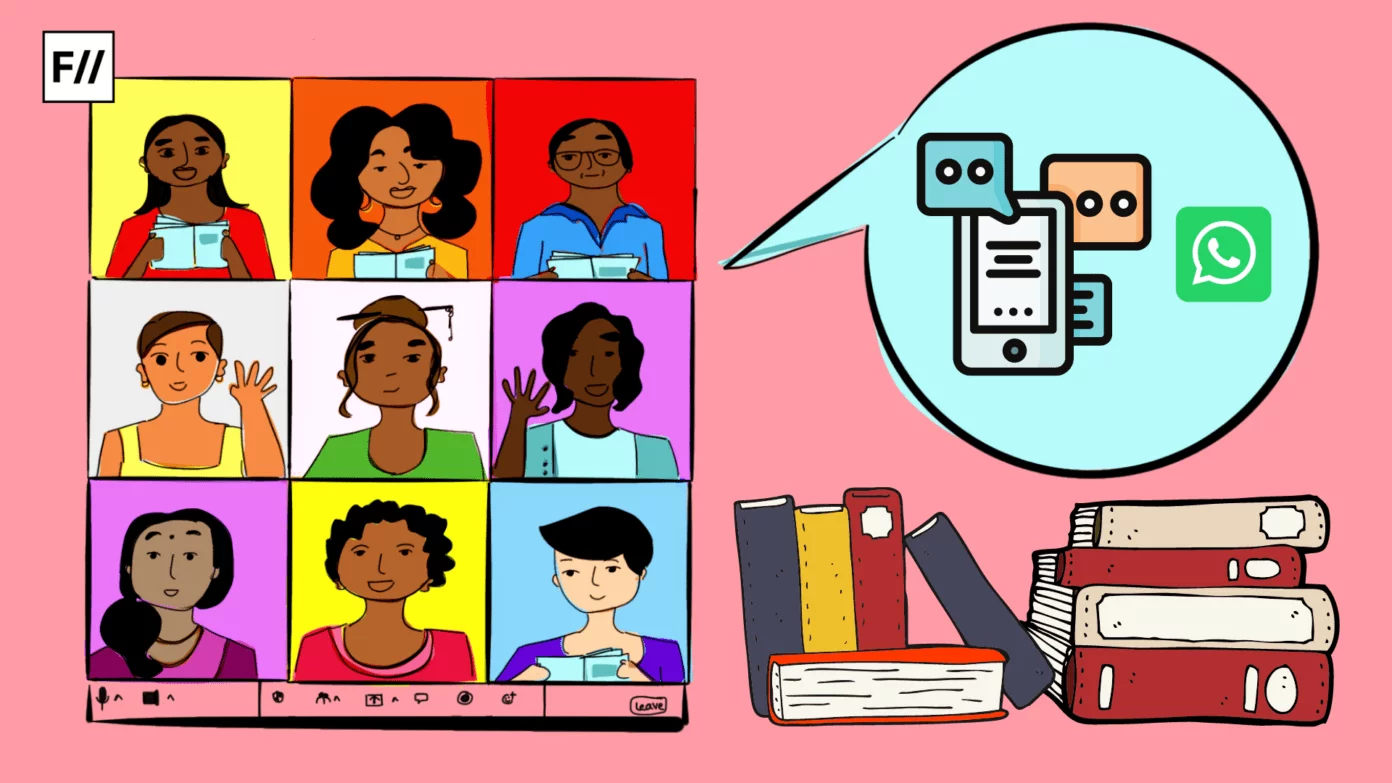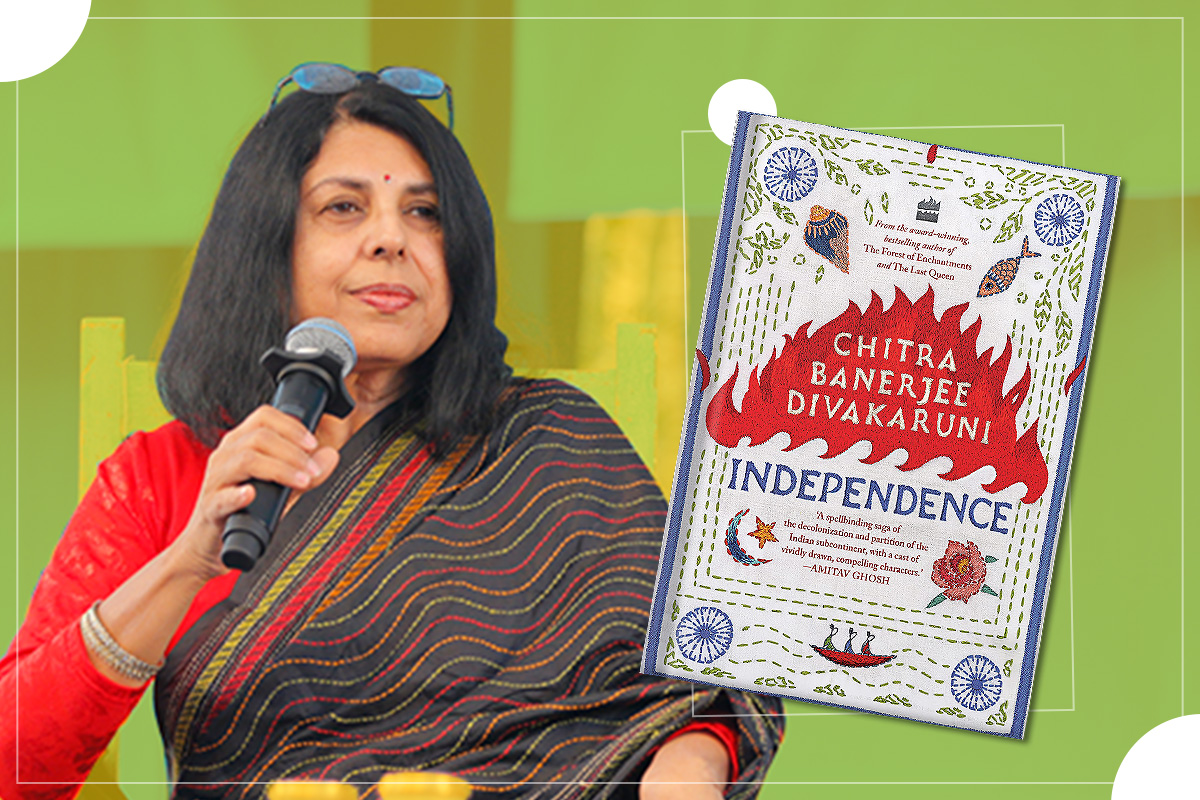Achilles and Hector, and the Pandavas and the Kauravas are some of the quintessential heroes of the literary world. Classics have been written on their exploits and their heroism has been immortalised in the Iliad and the Mahabharata. These are glorified tales of war that raise hyper masculinity and violence on a pedestal. Amidst these gory stories, lies the woman, who has not only been sidelined but has also been termed as the instigator of the wars fought in them. Why has classical literature made the woman a scapegoat in the tales whose protagonists are only male?
Helen of Troy
Helen of Troy was considered the most beautiful woman in the world known to the Greeks. Her relation with Paris, the prince of Troy was glossed over as a folly made in love. Paris’ transgressions were ignored because of this very royal status. He could ‘take for himself’ any woman and it would be socially sanctioned. But for Helen to leave her husband Menelaus was blasphemous. It is apparent in the Iliad that the ‘kidnapping’ of Helen was only a ruse to attack Troy and capture it. The honour of women was appropriated then and has been appropriated since the time of ancient Greece.
Women were the harbingers of war simply because they were silent or were silenced in the course of the narrative.
Women were the harbingers of war simply because they were silent or were silenced in the course of the narrative. These muted characters and their positions were presented as catalysts for war. They were also painted in a negative light and were misrepresented as only having had sinister intentions to begin with. Their beauty was a weapon in their arsenal that they apparently used to bring the downfall of great men.
Draupadi
The origin story of Draupadi from the Mahabharata provides an insight into the dominant idea of her being imperative for the war at Kurukshetra to take place. Drupad, her father, wanted to exact revenge on the Kuru Clan and so asked for a daughter who would divide the household and cause its members to annihilate themselves while conducting a yagna that would bless him with children. The marriage of Draupadi to the Pandavas was then just one of the many steps in her life that would lead to the downfall of the Kurus.
Draupadi’s personhood is not allowed any autonomy in this classic.
Draupadi’s personhood is not allowed any autonomy. She is used as an instrument, first by her father, and then by her husband who ‘loses’ her in a game of dice as if she were mere property. One of the most compelling statements in the Mahabharata is uttered during her vastraharan (disrobement) where Draupadi asks a distraught Yudhishthira whether he lost himself or her first during his gambling spree.
Also read: Seven-times the Women in Mahabharata Got Their Due
In the retellings of the Mahabharata, the value judgements have very simply been attached to Draupadi’s intentions by virtue of her birth. The injustice meted out to her by her male relatives has been pushed under the rug and her role in the destruction of the clan has been naively explained through circumstances before her birth and also by the so-called divisive nature of women. Isn’t this why nobody names their daughters after Draupadi but only after Sita, the ideal woman?
Secondary Female Characters and their Role in War
In Homer’s Iliad, Helen is not the only scapegoat. Accompanying her are Briseis, Aphrodite, and Achilles’ mother, Thetis. Even goddesses from the Greek pantheon have not been spared!
Briseis was a part of the ‘booty’ that Achilles and Agamemnon, the leader of the Greek army, fought over. Unhappy with being spurned by a lesser warrior than himself, Achilles refuses to participate in the war, thus letting his side be decimated by the Trojans. The discontentment over Briseis is then conveniently used to explain away the brutality of the Trojan war. What this discourse misses is the Achilles’ petulant behaviour and his inability to live up to his name.
In the same way, Thetis is blamed for Achilles’ heel (literally, since she made him invincible by dipping him into the River Styx by the heel) and by association, for the fall of Troy. Once again, there is an ignorance of the role of other male characters (such as Paris or Apollo) in making this possible. Goddess Aphrodite is questioned throughout the epic by Homer for instigating Paris to take away Helen and to incite war. Nobody flips the coin and accuses Paris of ruining his nation through his own vanity.
Who Must Take Responsibility?
The plethora of male characters who partake in the wars as well as the situations leading up to them have been left bereft of any responsibility. The collection of men who stood as silent spectators as Draupadi was dragged into court by Dushasana or the intellectuals in Agamemnon’s army such as Odysseus, have been looked at as catalysts of war as an afterthought. Yudhishthira, who found it apt to gamble away his wife or even Krishna, who did nothing to stop the war (despite being an omnipresent God), have been acquitted of all fault. These men may the primary actors of violence but are not considered the primary origins.
Also read: The Draupadis of Today-Exploring Draupadi with a Feminist Lens
Considering the pervading presence of the Mahabharata and Iliad in our storytelling culture, it is imperative that we rethink the way the wars in these stories have been reasoned. Blaming the women seems like an easy and simplistic explanation, but a closer inspection leads us to issues within the very art of storytelling and the patriarchy that exists within it.
Featured Image: Times of India
About the author(s)
Divya Godbole is a Sociology Honours student, interested in understanding how personal troubles turn into public issues. But she finds solace from these existential questions in K-pop, cats and Pride and Prejudice.





Hello Madam.Shri Krishna Protected Draudpadi and He did not Stop the war because he wanted the Miscreants to be Punished.